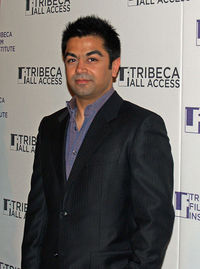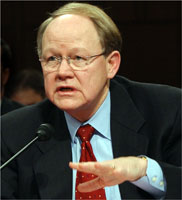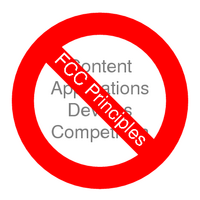 The U.S. Senate takes up net neutrality again, to legislate or not to legislate:
The U.S. Senate takes up net neutrality again, to legislate or not to legislate:
At a Senate Commerce Committee hearing entitled “The Future of the Internet” on Tuesday, Democratic politicians argued for passage of a law designed to prohibit broadband operators from creating a “fast lane” for certain Internet content and applications. Their stance drew familiar criticism from the cable industry, their Republican counterparts, and FCC Chairman Kevin Martin, who said there’s no demonstrated need for new rules, at this point.Some of the senators seemed to think the Comcast debacle indicated there was need for legislation:— Net neutrality battle returns to the U.S. Senate, by Anne Broache, C|Net News.com, 22 April 2008
“To whatever degree people were alleging that this was a solution in search of a problem, it has found its problem,” said Sen. John Kerry (D-Mass.). “We have an obligation to try and guarantee that the same freedom and the same creativity that was able to bring us to where we are today continues, going forward.”Kerry is one of the backers of a bill called the Internet Freedom Preservation Act, chiefly sponsored by North Dakota Democrat Byron Dorgan and Maine Republican Olympia Snowe, which resurfaced at the beginning of 2007 but has gotten little attention since. A similar measure failed in a divided Commerce Committee and in the House of Representatives nearly two years ago.
Unsurprisingly, Martin says he doesn’t need a law to enforce, because he can make it up as he goes along: Continue reading








